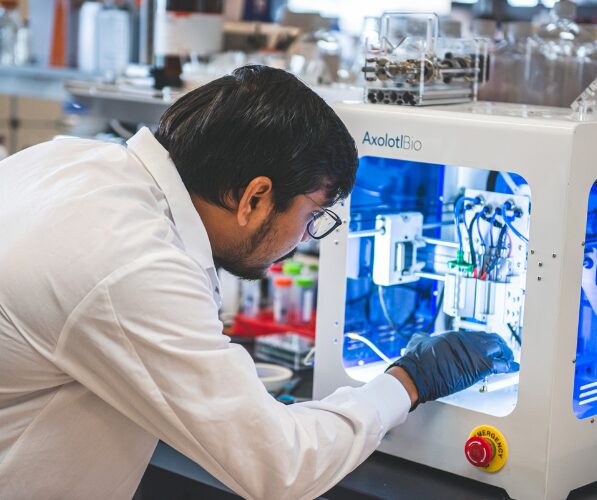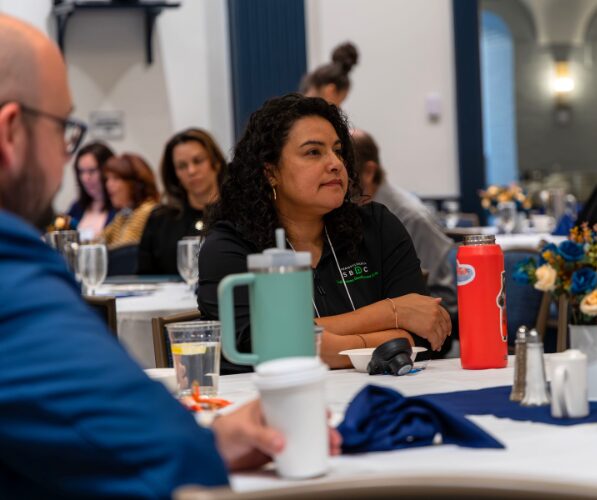Success Story
Start Up Your Research: Apply Now for March I-Corps Short Course
Penn State’s NSF I-Corps Short Course is accepting applications for its virtual March cohort. The no-cost program helps researchers test a startup idea through customer interviews and educational programming on the lean startup methodology.
The cohort will begin on Friday, March 1 and runs through Friday, March 15. The cohort will meet virtually once a week during the month span. Teams must commit to conducting a significant number of customer interviews during the three weeks, and to completing asynchronous assignments. Participants should plan on spending 5-10 hours/week of their time on I-Corps during the short course duration. This course is being offered as a collaboration between multiple universities in the Mid-Atlantic region, including Penn State.
The NSF I-Corps program uses experiential education to help researchers gain valuable insight into entrepreneurship, starting a business, or industry requirements and challenges. Participants learn valuable skills in connecting with customers, asking the right questions, and how to find partners to help get startup ideas off the ground. Through I-Corps training, researchers can reduce the time it takes to translate a promising idea from the laboratory to the marketplace.
The short course will expose participants to key stakeholders and funding resources in the entrepreneurship community, increase chances of receiving an SBIR/STTR award, and put participants in an excellent position to apply for the National I-Corps Program that provides $50,000 in funding to assist with customer discovery.
Penn State teams are also welcome to apply to other regional short course offerings from the broader Mid-Atlantic region. Contact the Penn State NSF I-Corps Program Manager, Derek Gross, to find the best solution for your team.
Learn more about NSF I-Corps at Penn State.
About NSF I-Corps
Penn State University is part of the NSF I-Corps Mid-Atlantic Hub, a network of universities, NSF-funded researchers, established entrepreneurs, local and regional entrepreneurial communities, and other federal agencies. Hubs work collaboratively to build and sustain a diverse and inclusive innovation ecosystem throughout the United States.






